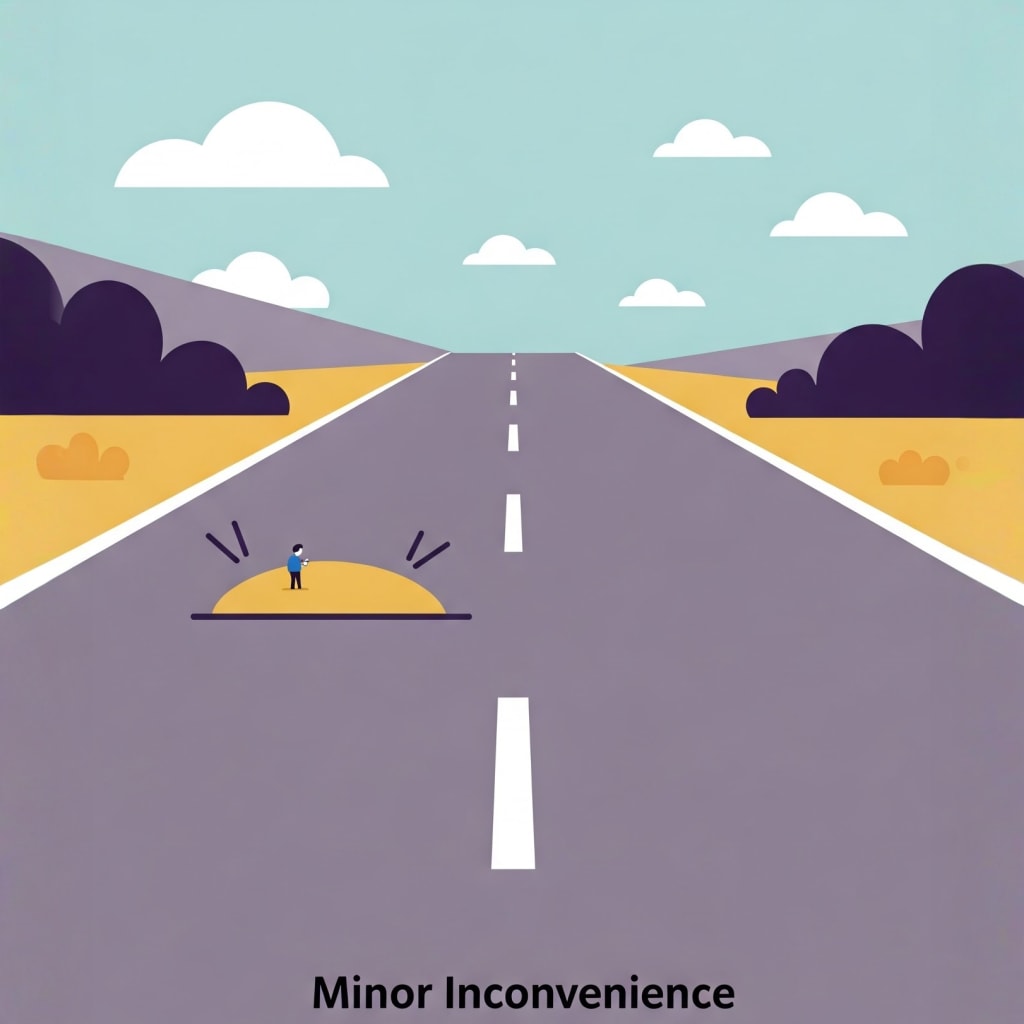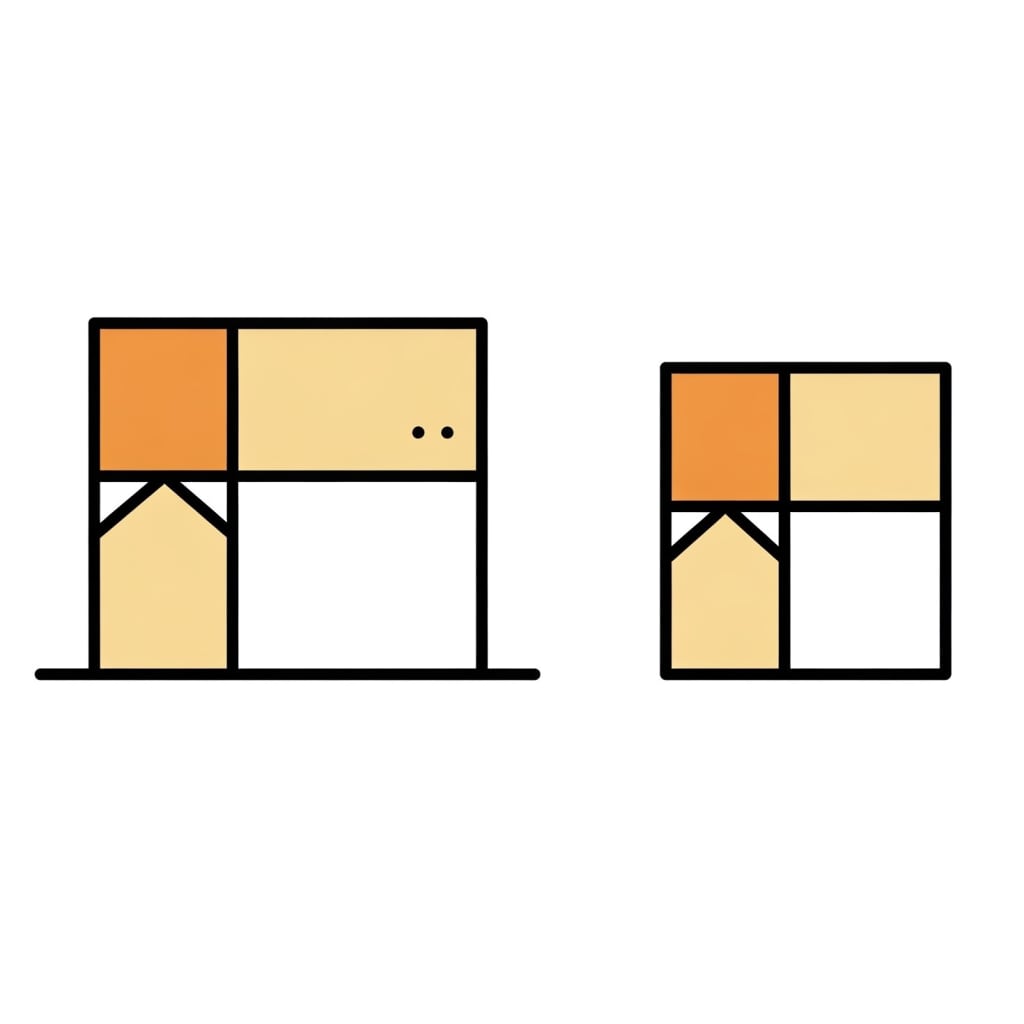Minor
Definition
Minor is an adjective, a noun, and a verb. As an adjective, it refers to something of lesser importance, seriousness, or size. As a noun, it denotes a person who is under the age of legal adulthood or a secondary subject in education. As a verb (less common), it means to take a secondary field of study in academics.
Parts of Speech
- Adjective
- Noun
- Verb
Pronunciation
American English
- IPA Pronunciation: /ˈmaɪnɚ/
- Respelling: MY-nur
British English
- IPA Pronunciation: /ˈmaɪnə/
- Respelling: MY-nuh
Etymology
The word "minor" originates from Latin "minor," meaning "smaller" or "less." It entered Middle English through Old French, retaining its meaning of being lesser in degree or size.
Derivatives
- Minority (noun)
- Minority status (noun)
- Minorly (adverb, rare)
- Minorship (noun, rare)
- Minoritarian (adjective)
Synonyms
- Secondary
- Insignificant
- Subordinate
Antonyms
- Major
- Significant
- Primary
Usage
The term "minor" is commonly used in contexts of age, importance, and academics. For example, "She sustained minor injuries in the accident," or "He is a minor studying biology."
Related Terms
- Major: The opposite of minor, often indicating greater importance.
- Juvenile: Related to individuals under legal adulthood.
- Subordinate: Lower in rank or importance.
Detailed Definitions
Adjective
- Of lesser importance or seriousness: Refers to something not significant or crucial.
- Example: "The problem was only a minor inconvenience."
- Smaller in size or scale: Describes something that is comparatively smaller.
- Example: "He made a minor adjustment to the design."
- Relating to musical scales: Refers to a type of musical key or scale characterized by a specific interval pattern.
- Example: "The symphony is written in a minor key."
Noun
- A person under legal adulthood: Denotes someone who has not reached the age of majority.
- Example: "The law protects minors from certain liabilities."
- A secondary academic focus: Refers to a student’s secondary field of study.
- Example: "She is majoring in chemistry and has a minor in physics."
Verb
- To pursue a secondary field of study: Refers to studying a less emphasized academic subject.
- Example: "He decided to minor in literature."
minor



🇨🇳 Mandarin Chinese
- 次要的 (Cìyào de) - minor in terms of importance
- IPA Pronunciation: /t͡sʰz̩˧˥jɑʊ̯˥˩ tɤ˧˥/
- Respelling: (tsz-yao de)
- 未成年人 (Wèichéngnián rén) - minor in terms of age
- IPA Pronunciation: /weɪ̯˧˥ʈ͡ʂʰəŋ˥˩njɛn˧˥ ʐən˧˥/
- Respelling: (way-chung-nyen ren)
🇮🇳 Hindi
- मामूली (Māmūlī) - minor in terms of importance
- IPA Pronunciation: /maːmuːliː/
- Respelling: (ma-moo-lee)
- नाबालिग (Nābālig) - minor in terms of age
- IPA Pronunciation: /naːbaːliːg/
- Respelling: (na-ba-leeg)
🇪🇸 Spanish
- Menor - minor in both terms of importance and age
- IPA Pronunciation: /meˈnoɾ/
- Respelling: (me-nor)
🇫🇷 French
- Mineur - minor in both terms of importance and age
- IPA Pronunciation: /minœʁ/
- Respelling: (min-eur)
🇸🇦 Modern Standard Arabic
- ثانوي (Thānawī) - minor in terms of importance
- IPA Pronunciation: /θaːnaːwiː/
- Respelling: (tha-na-wee)
- قاصر (Qāṣir) - minor in terms of age
- IPA Pronunciation: /qaːsˤir/
- Respelling: (qa-ser)
🇧🇩 Bengali
- অগুরুত্বপূর্ণ (Ogurutbapurna) - minor in terms of importance
- IPA Pronunciation: /ɔgurut̪bapurna/
- Respelling: (o-gu-rut-ba-pur-na)
- কিশোর (Kishōr) - minor in terms of age
- IPA Pronunciation: /kiʃor/
- Respelling: (ki-shor)
🇷🇺 Russian
- Второстепенный (Vtorostepenny) - minor in terms of importance
- IPA Pronunciation: /vtərəstʲɪˈpʲenːɨj/
- Respelling: (vto-ro-ste-pen-ny)
- Несовершеннолетний (Nesovershennoletniy) - minor in terms of age
- IPA Pronunciation: /nʲɪsəvʲɪrʂɨnːɐˈlʲetnʲɪj/
- Respelling: (nee-so-veer-she-no-let-nee)
🇵🇹 Portuguese
- Menor - minor in both terms of importance and age
- IPA Pronunciation: /mɨˈnoɾ/
- Respelling: (muh-nor)
🇮🇩 Indonesian
- Kecil - minor in terms of importance
- IPA Pronunciation: /kəˈtʃil/
- Respelling: (ke-chil)
- Di bawah umur - minor in terms of age
- IPA Pronunciation: /di baˈwa uˈmur/
- Respelling: (dee ba-wah oo-mur)
🇩🇪 German
- Klein - minor in terms of importance
- IPA Pronunciation: /klaɪn/
- Respelling: (klain)
- Minderjährig - minor in terms of age
- IPA Pronunciation: /ˈmɪndɐˌjɛːʁɪç/
- Respelling: (min-der-year-ich)
🇯🇵 Japanese
- 小さい (Chīsai) - minor in terms of importance
- IPA Pronunciation: /t͡ɕiːsai̯/
- Respelling: (chee-sai)
- 未成年 (Miseinen) - minor in terms of age
- IPA Pronunciation: /mi̥.se̞ː.nẽ̞ɴ/
- Respelling: (mi-se-nen)
🇻🇳 Vietnamese
- Nhỏ - minor in terms of importance
- IPA Pronunciation: /ɲɔ˧ˀ˨ʔ/
- Respelling: (nyo)
- Vị thành niên - minor in terms of age
- IPA Pronunciation: /vi˧˥ tʰaɪŋ˧˥ niən˧˥/
- Respelling: (vi thanh nien)
🇰🇷 Korean
- 작은 (Jageun) - minor in terms of importance
- IPA Pronunciation: /t͡ɕa.ɡɯn/
- Respelling: (ja-geun)
- 미성년자 (Miseongnyeonja) - minor in terms of age
- IPA Pronunciation: /mi.sʰʌŋ.njʌn.dʑa/
- Respelling: (mi-seong-nyeon-ja)
🇹🇷 Turkish
- Küçük - minor in terms of importance
- IPA Pronunciation: /kyˈd͡ʒyk/
- Respelling: (koo-juk)
- Küçük - minor in terms of age
- IPA Pronunciation: /kyˈd͡ʒyk/
- Respelling: (koo-juk)
🇵🇰 Urdu
- معمولی (Ma'muli) - minor in terms of importance
- IPA Pronunciation: /mʊˈmuːliː/
- Respelling: (mu-moo-lee)
- نابالغ (Na-baligh) - minor in terms of age
- IPA Pronunciation: /naːbɑːlɪɡʱ/
- Respelling: (na-ba-ligh)





